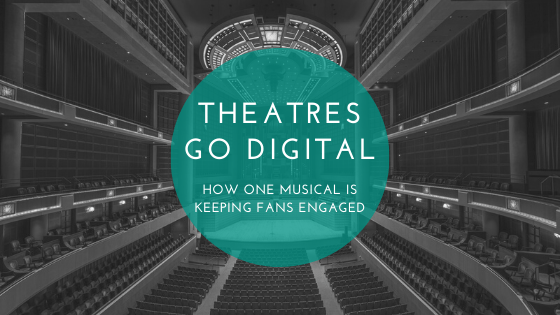
Brand responses to #BlackLivesMatter
The death of George Floyd sparked a global anti-racism movement. “Justice for George Floyd” quickly became the most signed petition on Change.org. Protests begun in the US, including at the site of his death in Minneapolis, and quickly spread to other countries around the world including the UK, Japan, France, Germany, Poland, Columbia, and Brazil.
George Floyd’s death triggered a resurgence of Black Lives Matter, a project created in 2013 in response to the acquittal of the man who fatally shot 17-year-old Trayvon Martin. Much of this campaign has been enabled by social media, particularly the use of the #BlackLivesMatter hashtag, used to raise awareness of and combat anti-black racism and white supremacy.
Three days after George Floyd’s death, the #BlackLivesMatter hashtag peaked on social media – according to Pew Research Centre, it was tweeted 8.8 million times that day alone. In the weeks afterwards, it was tweeted an average of nearly 3.7 million times a day.
As the Black Lives Matter continued to gain huge momentum, and silence was viewed as complicity, organisations began to identify themselves as advocates of the movement.
[AdAge has published a detailed and regularly updated overview of brand responses to racial injustice here.]
However, as outlined in Edgett’s Ethical Framework for Advocacy, communications need to be defensible against attacks on their validity: It is expected that “audiences will challenge the information communicated to them, and that the communicator should be able to legitimately defend against such challenges.” Social media users began criticising those that were perceived to be jumping on the bandwagon with performative statements that didn’t truly reflect the organisation’s values.
This rings hollow while you continue to benefit from the profits of colonialism. When you offered to loan the Benin Bronzes back to their country of origin. It seems that black lives matter, unless you can profit off their suffering.
— Czar Pikachu IV (@durrellb) June 6, 2020
Funny coming from the company that fired a Black man for asking for safer working conditions during COVID, sells Nazi flags and remains the last large advertiser on Breitbart, which once featured a “Black Crime” section, despite being asked to stop by 600+ of your diverse workers
— Sleeping Giants (@slpng_giants) May 31, 2020
Despite the criticism, some organisations have been lauded for their attempts to support the cause. The brand that has “gone the hardest” in publicly supporting Black Lives Matter is ice cream brand Ben and Jerry’s. It added to the conversation by using multiple digital platforms to condemn racism and white supremacy. In a strongly-worded statement posted on its website, it outlined the need for people to speak out against these social injustices, and set out four clear calls to action.
“All of us at Ben & Jerry’s are outraged about the murder of another Black person by Minneapolis police officers last week and the continued violent response by police against protestors. We have to speak out. We have to stand together with the victims of murder, marginalization, and repression because of their skin color, and with those who seek justice through protests across our country. We have to say his name: George Floyd.”
– Excerpt from Ben & Jerry’s website
It also posted messages of support on its social media pages:
We’re calling for an end to unequal, racist enforcement of social distancing policies. Learn more and take action here: https://t.co/FkDes1GpQf pic.twitter.com/Kfn8lWuREI
— Ben & Jerry’s (@benandjerrys) June 28, 2020
Aside from the strong wording of the messaging that points to clear actions and goals, the Ben and Jerry’s responses are viewed as legitimate because they are consistent with the organisation’s past actions; it has been a vocal advocate for the Black Lives Matter movement since 2016.
More recently, the brand has boycotted paid for Facebook and Instagram ads to support the #StopHateForProfit campaign, which calls for social media platforms to take action against the spread of racism online.
Ben and Jerry’s messaging was then amplified further by multiple news organisations that covered the statements, including the Evening Standard, the Independent, and Metro.
Header Image: Ice Cream Van by Eveline de Bruin from Pixabay
